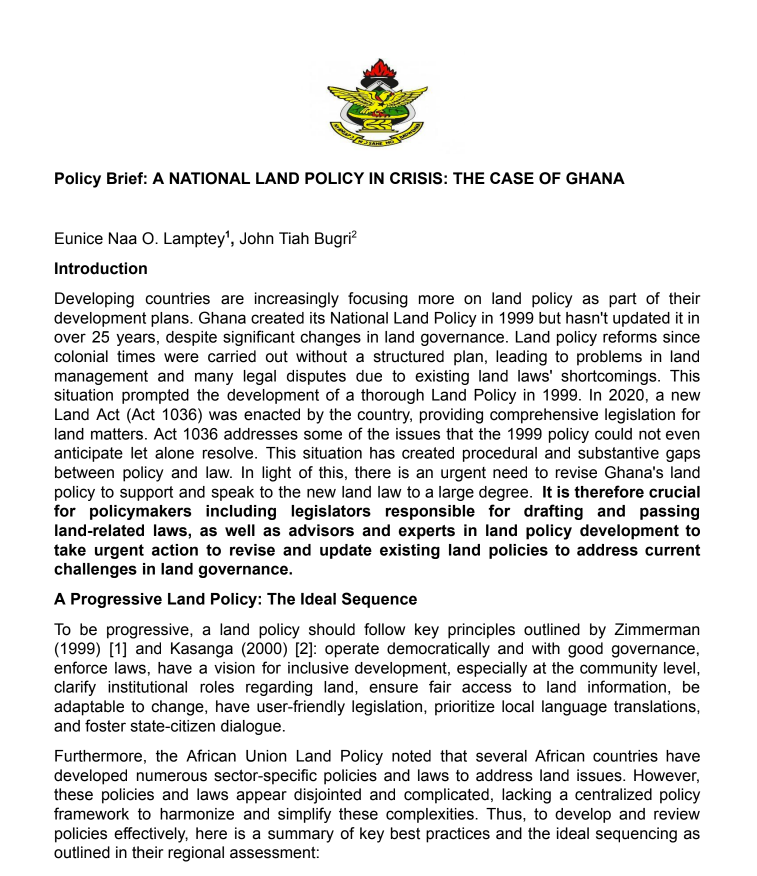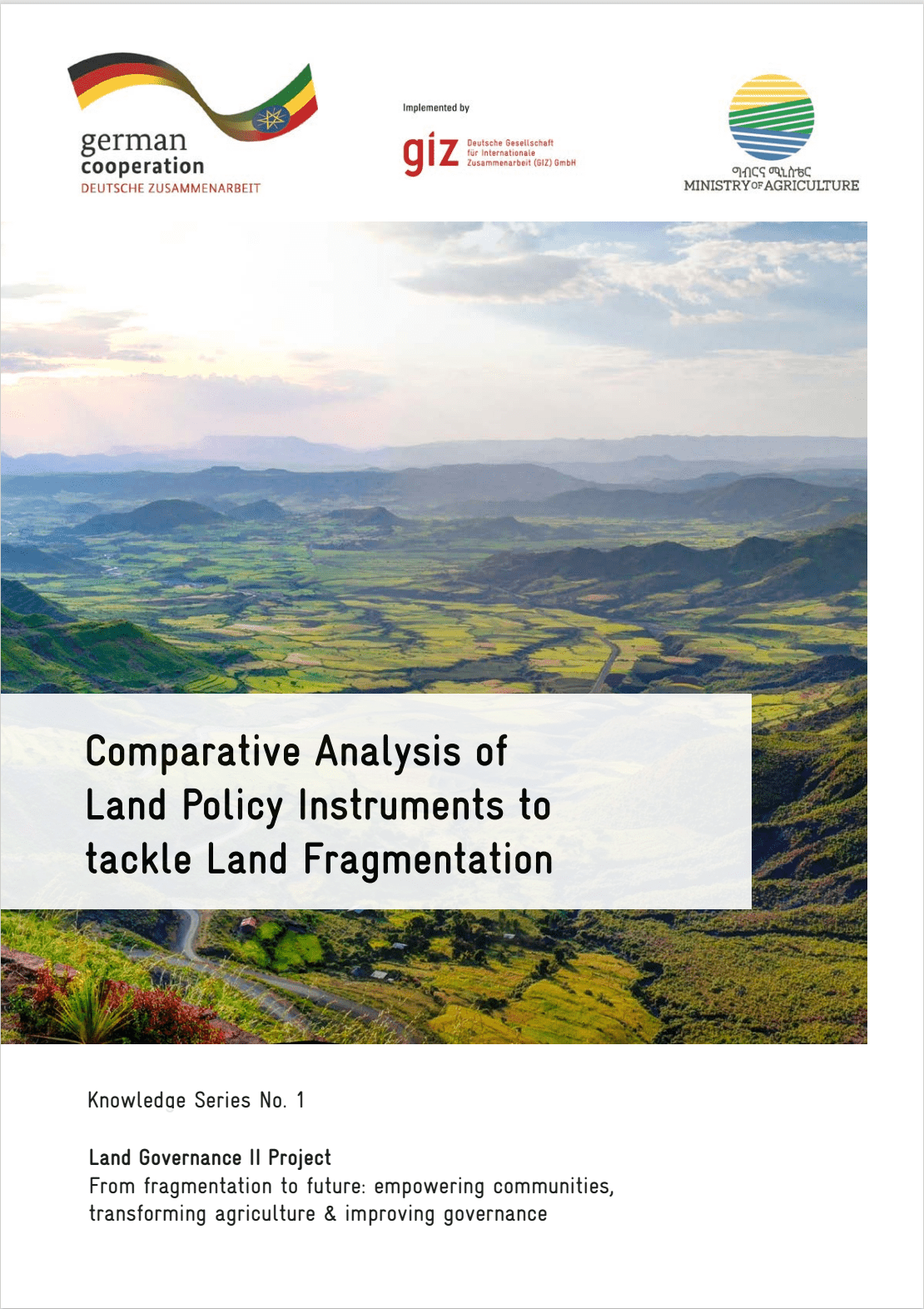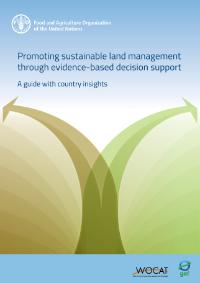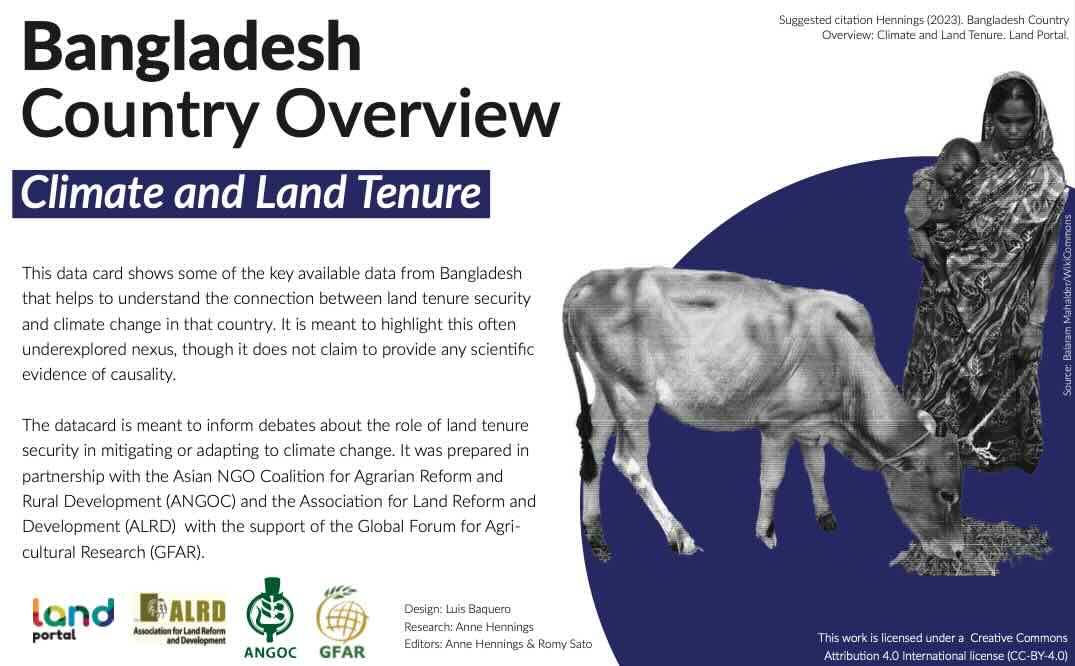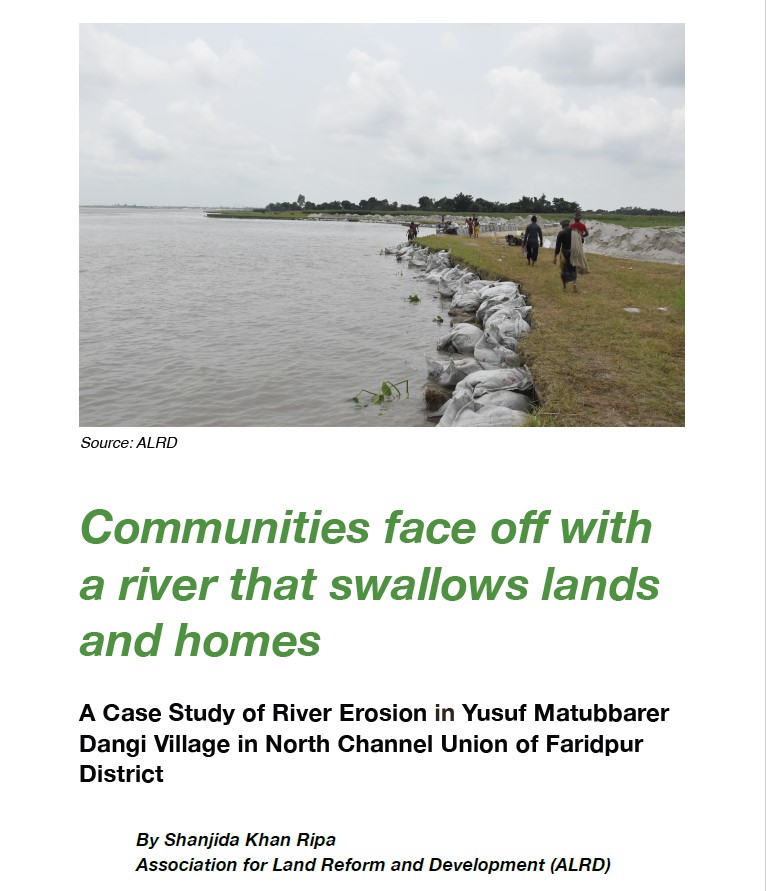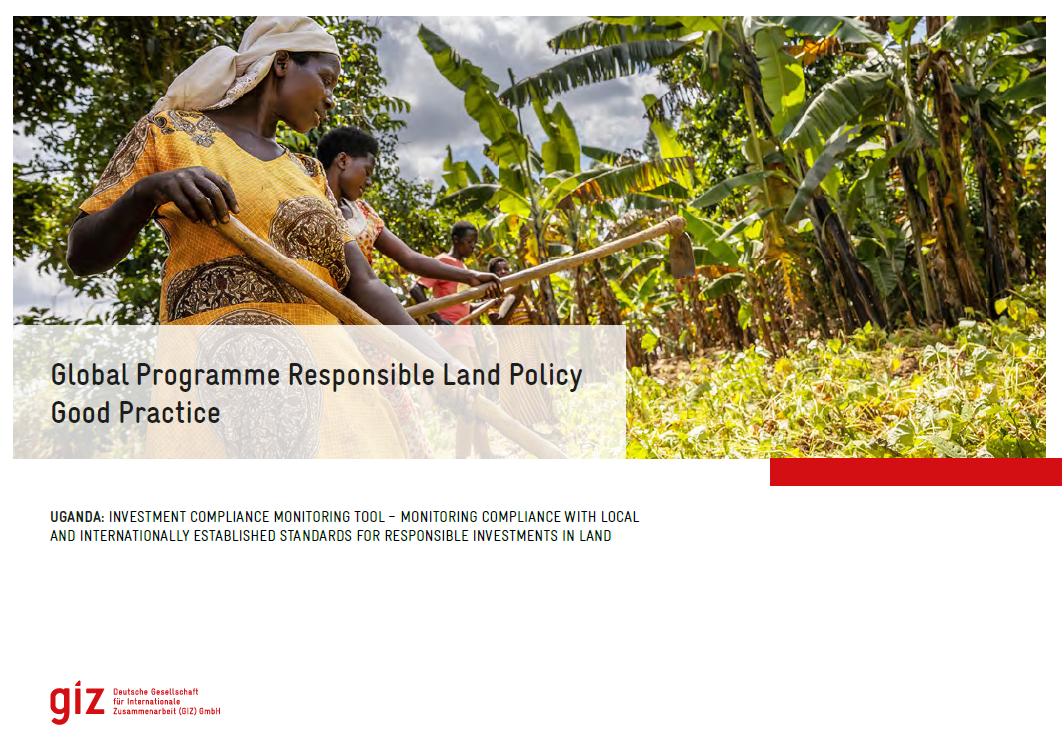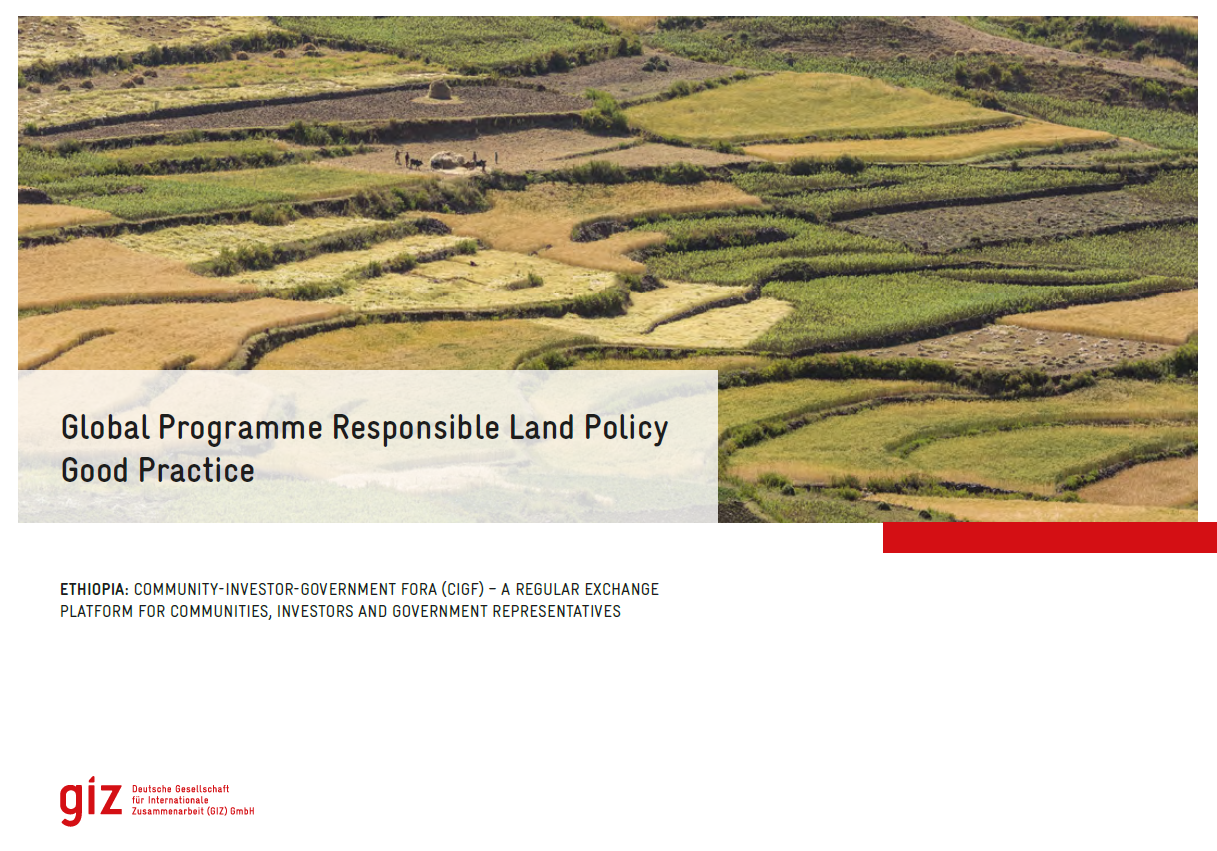A national land policy in crisis: the case of ghana
Developing countries are increasingly focusing more on land policy as part of their development plans. Ghana created its National Land Policy in 1999 but hasn't updated it in over 25 years, despite significant changes in land governance. Land policy reforms since colonial times were carried out without a structured plan, leading to problems in land management and many legal disputes due to existing land laws' shortcomings. This situation prompted the development of a thorough Land Policy in 1999.

